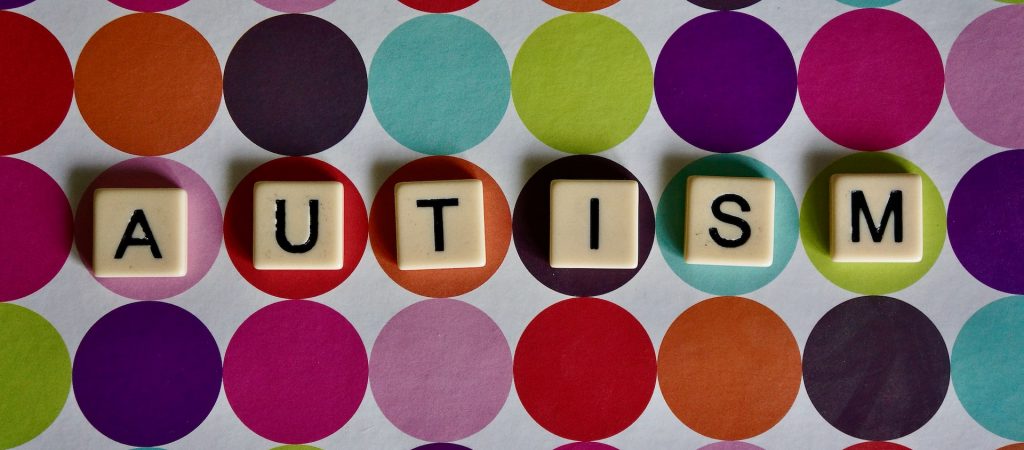
How to Help Children With Autism: 7 Medical Tips to Follow
Autism spectrum disorder (ASD) is a developmental disorder that can cause challenges with social skills, communication, and behavior. There is no one-size-fits-all approach to autism, but there are some medical interventions that can help children with ASD manage their symptoms and improve their quality of life. If you are a parent or caregiver of a child with ASD, here are seven medical tips to follow to help your child.
What is autism?
Autism is a neurodevelopmental disorder that affects communication and social interaction. Autism spectrum disorder (ASD) is a term for a group of developmental disorders that can cause significant social, communication, and behavioral challenges. Most people with ASD have difficulty with social interactions, such as making eye contact, starting conversations, and understanding the feelings of others. They may also have repetitive behaviors or interests, and sometimes sensory sensitivities.
ASD occurs in all ethnic, racial, and economic groups, but is four times more likely to occur in boys than girls. Most experts believe that ASD is caused by a combination of genetic and environmental factors. There is no one-size-fits-all approach to treating ASD, but early intervention is important. Treatment may include behavior therapy, speech therapy, occupational therapy, and medication.
Medical tips to help children with autism
First and foremost, it is important to get an accurate diagnosis. Many children who are diagnosed with autism spectrum disorder (ASD) also have other medical conditions, so it is important to rule out any other possible causes of the child’s symptoms. Once a child has been diagnosed with ASD, there are a number of different treatment options that can be explored.
Medication can be used to help manage some of the symptoms of ASD, such as anxiety, depression, and hyperactivity. However, it is important to work closely with a doctor or psychiatrist to ensure that the child is taking the right medication at the right dose.
Behavioral therapy is another effective treatment for ASD. This type of therapy can help children learn new skills and improve their social interactions. Applied behavior analysis (ABA) is a type of behavioral therapy that has been shown to be particularly effective in treating ASD. Furthermore, the principles of applied behavior analysis can be used in the home to help parents better manage their child’s ASD symptoms. Oftentimes, children with ASD also have difficulty sleeping. Establishing a regular bedtime routine and making sure the child has a comfortable place to sleep can help reduce sleep problems. If the child is still having difficulty sleeping, medication may be necessary.
A healthy diet is important for all children, but it is particularly important for children with ASD. Many children with ASD have special dietary needs, so it is important to work with a nutritionist to develop a diet plan that meets the child’s individual needs.
Exercise is also important for children with ASD. Exercise can help improve mood and reduce anxiety. It can also help improve sleep and increase energy levels.
There are a number of different supplements that have been shown to be beneficial for children with ASD. However, it is important to speak with a doctor before giving any supplements to a child.
Many children with ASD benefit from massage therapy. Massage can help reduce stress and promote relaxation. It can also help improve sleep and increase circulation.
Early diagnosis and intervention
It is crucial to get a diagnosis of autism as early as possible. The earlier autism is diagnosed, the earlier intervention can begin. Intervention for autism spectrum disorder (ASD) can range from behavioral therapy to medication.
There are a few medical indicators that may suggest your child has autism. These include:
Delays in speech and language development
Problems with social interaction
Repetitive behaviors or interests
If you suspect your child has ASD, it’s important to seek out a professional evaluation as soon as possible. A comprehensive evaluation will look at your child’s developmental history, behavior, and learning abilities. It will also rule out other conditions with similar symptoms, such as hearing loss or attention deficit hyperactivity disorder (ADHD).
Appropriate therapies and treatments
One type of therapy that can be beneficial for children with autism is behavioral therapy. This type of therapy can help children to develop social skills, improve communication, and learn how to cope with difficult behaviors. Another therapy that can be helpful for children with autism is speech therapy. Speech therapy can help children to improve their communication skills and learn how to better express themselves.
In some cases, medication may also be prescribed to help manage symptoms of autism. Medication can help to improve focus, reduce impulsivity, and decrease aggression or self-injurious behaviors. It is important to work closely with a doctor or other healthcare provider to determine which therapies and treatments are best for your child. Every child is different, so what works for one child may not work for another. However, by working together, you can find the best possible way to help your child thrive.
Social support
It is often said that it takes a village to raise a child. When a child has autism, this saying becomes even more true. The social support of family, friends, and community is crucial for children with autism and their families. There are many ways to provide social support to children with autism and their families. One way is to connect them with other families who have children with autism. These families can offer emotional support and share information and resources. There are also many organizations that offer support groups for families affected by autism.
Another way to provide social support is to educate yourself about autism and how to best support someone with the condition. There are many books, websites, and articles about parenting a child with autism. You can also attend workshops or seminars about autism spectrum disorders. Finally, simply being there for someone when they need you can make a big difference. Showing your interest in the person’s life, offering help when needed, and just spending time together can show your support.
There is no one-size-fits-all answer to how to help children with autism, but there are some general medical tips that can be followed. These include early intervention, working with a multidisciplinary team, using evidence-based treatments, and individualizing care. By following these tips, you can create a comprehensive treatment plan that will help your child reach their fullest potential.
Daily Newsletter
Subscribe to Jebiga for a dose of the best in gear, design, rides, tech and adventure.






